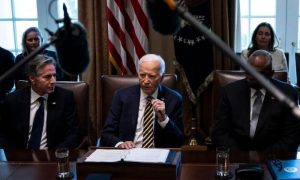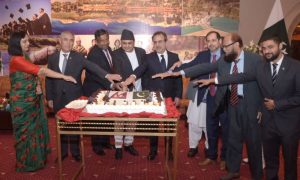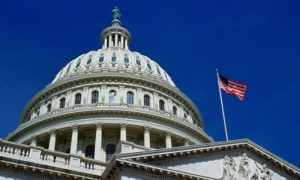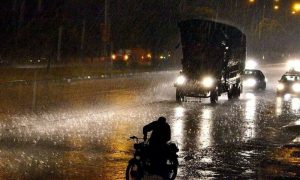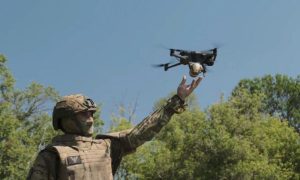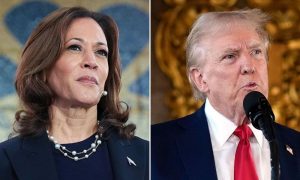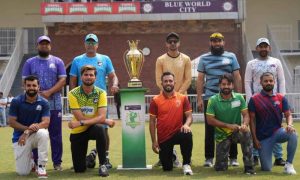ISLAMABAD: An Indian author, Ishaan Tharoor in his article published in Washington Post has tried to distort historical facts about Pakistan-India war in 1971. He falsely claimed that former US President Richard Nixon and Secretary of State Henry Kissinger sent large arms and ammunition to Pakistan during Pak-India war in 1971.
According to authentic history Pakistan did not receive any US assistance during the war. The article is met with disbelief from the people of Pakistan, who hold bitter memories regarding the US role in the 1971 crisis. Contrary to Tharoor’s narrative, the Nixon administration could not provide any meaningful support to Pakistan.
It is a fact that Nixon and Kissinger were obliged because of Pakistan’s help to the US in normalizing its relations with China. Pakistan had annoyed the Soviet Union by bringing closer together two of its worst enemies, the US and China. And ultimately, Pakistan paid the price and actually the Soviet Union overwhelmingly supported India in the dis-memberment of Pakistan.
U.S. did not provide military support to Pakistan in 1971
The U.S. Congress and Pentagon did not provide military support to Pakistan, despite their memberships in SEATO and CENTO.
In fact, an arms embargo imposed by the U.S. on both India and Pakistan is seen as a move that particularly hurts Pakistan. While the U.S. had been a primary supplier of arms to Pakistan, India relied on the Soviet Union for its military support.
The bitterness is heightened when recalling a crucial moment during the conflict. As the Pakistani military found itself surrounded by Indian armed forces and Mukti Bahni, the Seventh Fleet was 1100 miles away from Chittagong ports, leaving a lasting, painful memory for the people of Pakistan.
In the midst of this historical discourse, Indian Prime Minister Indira Gandhi shrewdly handled the situation. Indira’s first objective was to cut off East Pakistan from its home base, accomplished through the engineering of the Ganga incident and the subsequent banning of overflights in February 1971.
India 1971 tried to isolate Pakistan from its western allies
Her second objective was to isolate Pakistan from its western allies. When President Yahya Khan postponed the national assembly session, Indira skillfully used diplomatic maneuvers to garner international support. Her narrative against Pakistan’s government resonated well with Western democracies.
Furthermore, Indra Gandhi played the so-called genocide card for Muslim countries without elected governments. Through electronic and print media, she amplified stories of mass killings by the Pakistani army in East Pakistan, a narrative that found traction among many Muslim leaders.
READ ALSO: Russian President Putin Meets Saudi Crown Prince in Riyadh: SPA
Henry Kissinger, in his book “Leadership,” written in 2022, recalls the Indian Prime Minister’s shrewdness, denouncing her as he repeatedly refers to her as ‘a bitch’ for lies and deceit. He also calls those Indians at the helm of affairs
“bastards and sons of bitches.” Unfortunately, during the somber event of Henry Kissinger’s death, an angry Indian author has voiced his dissatisfaction.
Ishaan Tharoor seems to have replicated the content already found in an Atlantic piece titled “The People Who Didn’t Matter to Henry Kissinger” by Gary J. Bass.














